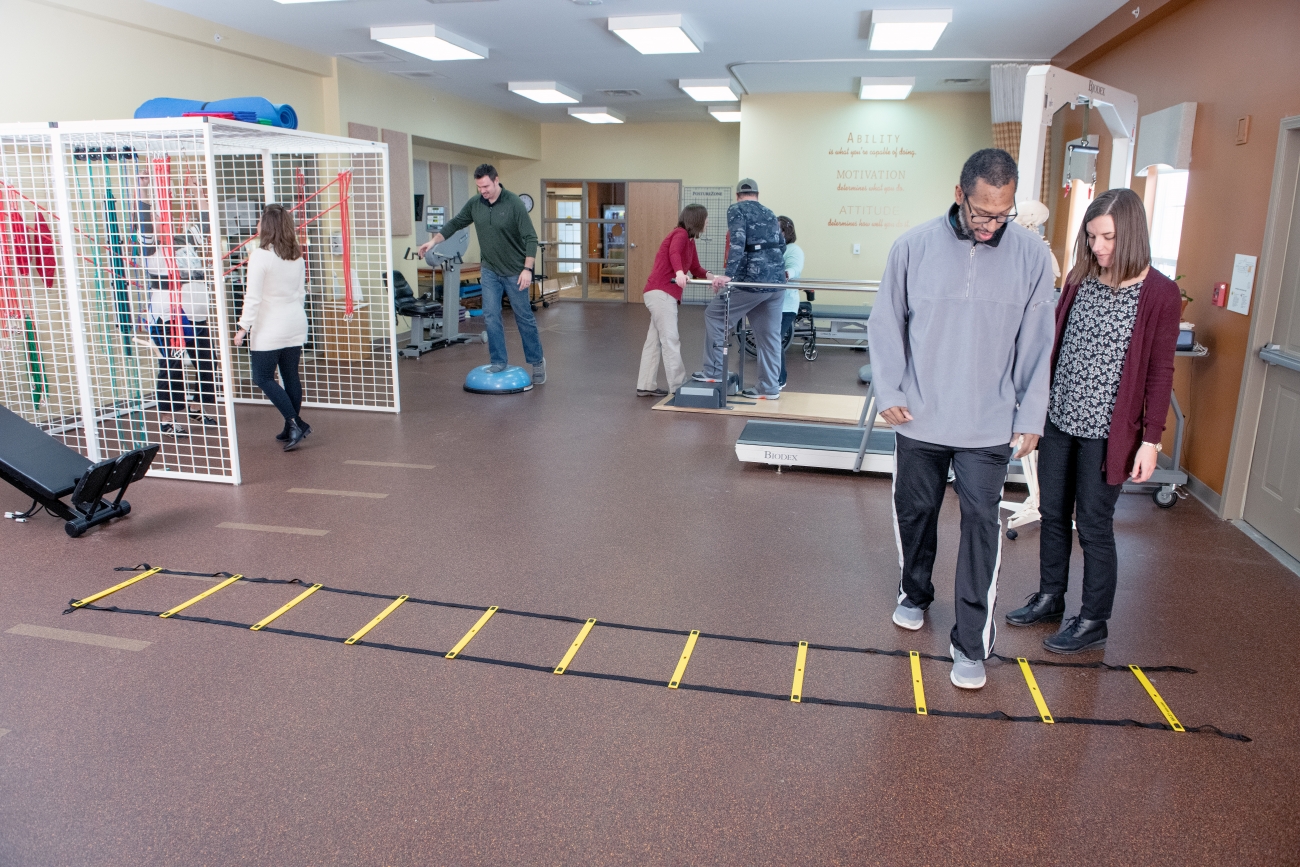Drug and substance abuse affects the victims emotionally, physically, and socially. Depending on the severity of the addiction problem, an individual may attend an inpatient or outpatient rehab center. Rehabilitation centers play a key role in helping individuals with addiction problems get their life back on track. They provide an ideal environment for addiction treatment.
Treatment programs are aimed at helping individuals not only to break free from drugs but live a sober life. The roles of rehab in the sobriety journey are:
Breaking the addiction cycle
Drug and substance users need an environment free from drugs to break the addiction problem. The treatment process starts with detoxification aimed at flushing the body of the drugs and treating withdrawal symptoms. At the rehab, patients are surrounded by health practitioners who hold them accountable for the utmost goal of sobriety.
The need for detoxification depends on the level of addiction. It is not enough to stop addictive behavior, but it prepares the affected person for treatment.
New habits and lifestyle
Drug users are known to have poor self-care habits and discipline. In rehab, people learn how to set goals in life and accomplish things. People with an addiction problem may have tried to set goals to stop drinking earlier, but due to the wrong mindset and support, they may give up trying.
Rehabs will help you get rid of the compulsive nature of drug use that creates dependence. You learn how to set both short and long-term goals for your life. You can make better decisions and set goals about your health, occupation, relationships, and other aspirations in life.
Supportive community
Rehab centers are staffed with supportive professionals such as therapists and addiction counselors. They provide a support system through the tough addiction treatment journey by understanding their situation and giving insights into overcoming their challenges. The community and the support of others in the same problem provide friendship and hope, which are important contributors to recovery.
Inpatient rehabilitation facilities ensure that recovering patients are surrounded with care and other necessary resources round the clock. They also provide resources that help them transition to normal life, such as linking them with sober living homes. Other aftercare plans include guidance on how to get new employment opportunities.
Treatment of other underlying issues
Many people get into drugs as a coping mechanism for an underlying problem. Stress is the leading factor for some as the substances shield them from the emotional and physical pain associated with stressful situations. Others get into drugs as a way of gaining approval to be part of a peer group. Mental conditions that may contribute to addictive behavior are depression and anxiety.
At the rehabilitation centers, experienced counselors will help you discover the underlying issues that led to addiction and how that has affected you negatively. Counseling therapists then guide you to build coping mechanisms that are not dependent on drugs. Mental conditions such as depression are also treated at the facility.
Successful outcome
Rehab centers keep people with addiction problems away from substances by ensuring that they do not have access to them. In inpatient rehabs, patients have increased psychological, social, and occupational functioning. The company is different, and hence they have reduced criminal activities.
Professionals at the rehabilitation facilities equip patients with knowledge and tools that help them prevent relapse. People who have gone through the rehabilitation program are less likely to develop another substance disorder. They learn more skills on how to deal with life problems soberly without dependence on drugs.
Rehabs play an important role in helping people struggling with drug dependence live fulfilling lives. It is commendable, therefore, to enroll in a rehabilitation program to help you overcome addiction.















